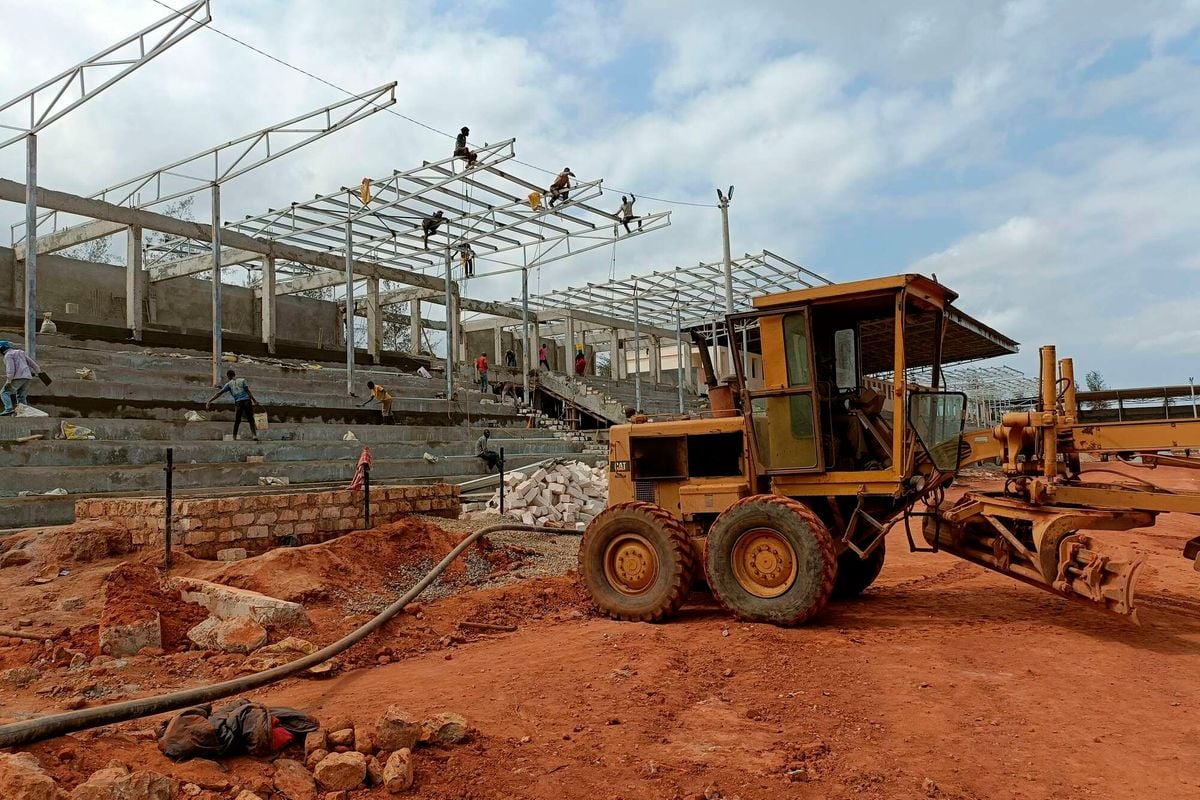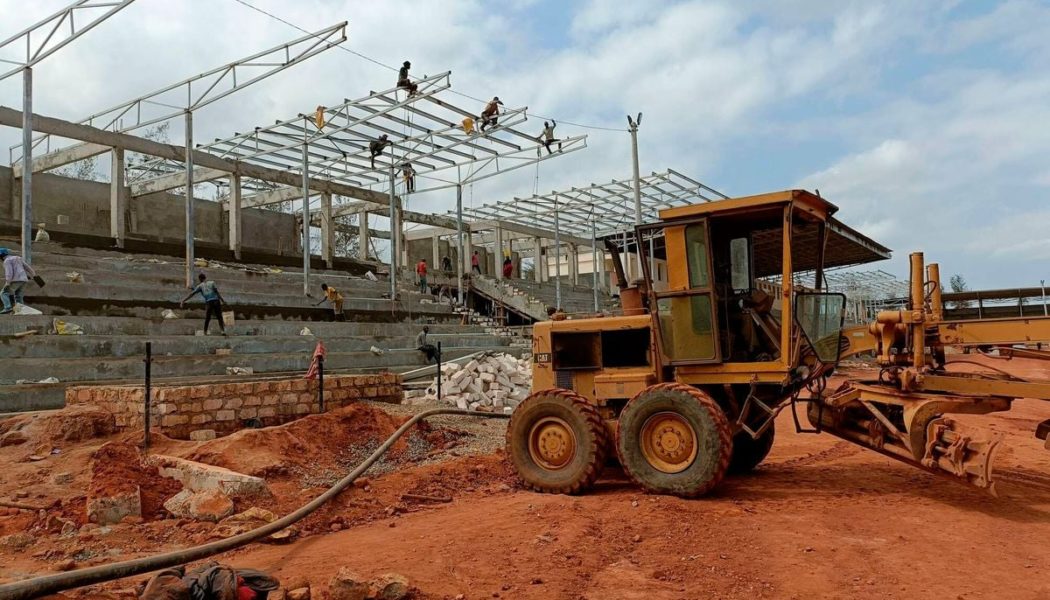
The construction sector suffered its first contraction in nearly 11 years, as output fell by 2.9 percent in the quarter ended June 2024, hurt by high input costs, new data by the Kenya National Bureau of Statistics (KNBS) shows.
The cost of inputs including cement, quarry products, sand, and paints soared across the three months, cutting the demand for the key raw materials and stifling activity in the sector.
The slump which contributed to 6.6 percent of the national gross domestic product (GDP) last year was mirrored in the reduced consumption of cement and low demand for iron and steel imports.
“Indicators in the construction sector pointed to a slowdown in the sector’s activity. For instance, during the second quarter of 2024, cement consumption declined by 7.8 percent to stand at 2.05 million tonnes from 2.22 million tonnes in the corresponding period in 2023,” KNBS noted in its second quarter GDP report.
Quantities of imported bitumen also decreased by 8.1 percent to 15,566.2 tonnes from 16,936.3 tonnes. Iron and steel imports dropped by 9.1 percent to stand at 222,115.8 tonnes from 244,250.3 tonnes imported in the same quarter last year.
The construction sector was also starved of credit in the same period as credit extended to enterprises in the industry declined by 7.5 percent to stand at Sh131.1 billion.
Construction, mining and quarrying were the only economic sectors that contracted in the second quarter, pulling down overall performance to a slower 4.6 percent growth compared to 5.6 percent the previous year.
“The overall increase in the building cost index in the second quarter of 2024 reflects the rise in the cost of materials, transport, fuel, and labour. Notably, the costs of materials like cement, sand, ballast, paints, paving blocks, and roofing materials have driven this index,” KNBS notes in the latest report.
Inflation in the construction sector stood at 3.53 percent in the second quarter, marking a jump of more than two-fold from 0.46 percent in June 2023 due to high material prices of materials, including cement, quarry products, sand and paints.
Civil engineering works have also become costly due to higher prices of materials such as ballast, gravel and graded crushed stones.
The rise in some construction prices is partly attributable to recent taxation measures that were desired to protect local manufacturing from external competition.
The Finance Act, 2023 for instance introduced a 10 percent excise duty on imported cement at 10 percent of the customs value.
The Finance Act also introduced an export and investment promotion levy set at 17.5 percent of the customs value of cement clinkers, bars, rods, and semi-finished products of iron and non-alloyed steel.
Analysts noted the levy would protect local industry but potentially compromise the quality of products.
“…it shall be interesting to see whether the government will hold the local manufacturers accountable to ensure that local consumers are protected from low-quality products and that the local industry products retain a competitive edge in the global markets,” KPMG said in a note.
The export and investment promotion levy has had the unintended consequence of negatively impacting local cement manufacturing as the bulk of players do not produce their own clinker.









